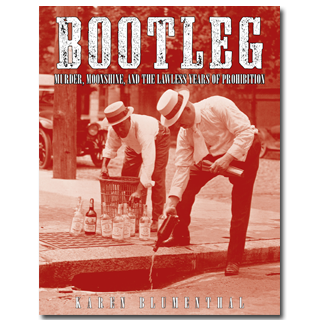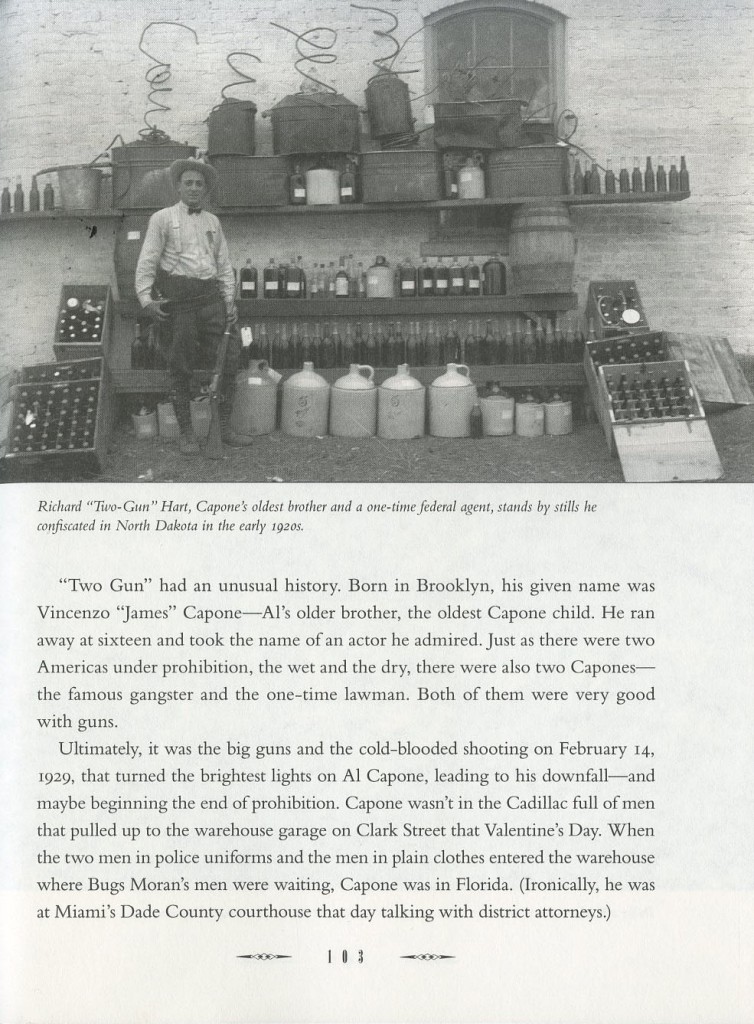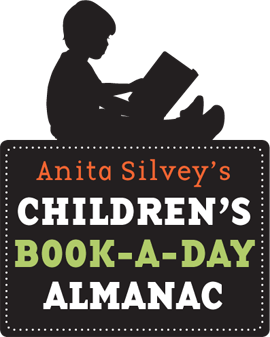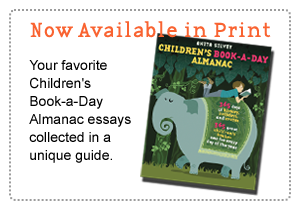
A FEW OTHER EVENTS FOR
SEPTEMBER 28:
- It’s the birth date of Kate Douglas Wiggin (1856-1923), Rebecca of Sunnybrook Farm).
- Confucius (551-479 BC), the Chinese philosopher, was born on this day. Read Confucius: The Golden Rule by Russell Freedman, illustrated by Frederic Clement.
- In 1678 Pilgrim’s Progress by John Bunyan is published. Read Pilgrim’s Progress retold by Gary D. Schmidt, illustrated by Barry Moser.
- In 1850 the United States Navy abolishes flogging as punishment. Read The Whipping Boy by Sid Fleischman.
On September 28, 1839, Frances Elizabeth Caroline Willard was born in Churchville, New York. She would become the first corresponding secretary of the Women’s Christian Temperance Union; later as its president she became one of the most effective crusaders for two Constitutional amendments: the 18th (Prohibition) and the 19th (Women’s Suffrage).
Willard is only one of the many reformers discussed in our book of the day, Bootleg: Murder, Moonshine, and the Lawless Years of Prohibition by Karen Blumenthal. The book begins with the Valentine’s Day Massacre in Chicago, certainly an event to get the attention of readers aged eleven to fourteen, an ideal audience for the information that follows.
In this well-written, thoroughly researched volume, the author explores how America came to embrace the 18th Amendment and why the country abandoned it less than fourteen years later—the only part of the Constitution to be reversed. As she moves along the journey, she brings fascinating historical details into the text.
We learn that President George Washington spent more than forty-seven pounds buying drinks for those who voted for him for the House of Burgesses; President Woodrow Wilson vetoed the 18th Amendment but it was passed anyway; and one of President F. D. Roosevelt’s first acts was to sign into law a bill that made beer legal again. These details definitely get left out of school history books.
Blumenthal also tells how prohibition began. While World War I raged, moral crusaders seized hold of the government and managed to get the 18th Amendment ratified by the states. But, of course, a government trying to enforce “morality” always stands on shaky ground. In the end, because no one liked the law, everyone began to violate it—including those in Washington who had voted for it. Rum running and bootlegging became popular; gangs, organized to supply liquor to eager customers, gained tremendous strength.
In the process of talking about the issues, Blumenthal brings to life a cast of very colorful characters like Frances Willard, Carrie Nation, and Al Capone. Certainly, as the author discusses, the most enduring legacy of the 18th Amendment was how it galvanized women—a movement that ultimately led to their voting rights. And she shows how the use of automobiles for outrunning the police eventually led to the formation of NASCAR. That is definitely a historical detail I myself had missed.
In the final chapter, Karen Blumenthal brings the issue to the modern day by discussing youth pledges about drinking and drugs as well as school awareness programs about drugs and alcohol. Anyone using the book with young readers will easily be able to transition from the fourteen-year experiment of Prohibition to many of the arguments heard in Washington today.
If any of my adult readers love history well told, you will want to pick up this book. It makes an excellent introduction to the issues of Prohibition; even though you know how the story turns out, it will keep you riveted.
Here’s a page from Bootleg:
Originally posted September 28, 2011. Updated for 2024.














Thanks, Anita. I don’t know this book, and will definitely get it for the older kids at my school…guns and drugs and NASCAR, oh my!
I enjoy reading your daily messages about books, but one thing popped out to me today. Pilgrim’s
progress was written by John Bunyan. Paul Bunyan was the giant logger who supposedly lived up here in Minnesota!
Thanks for your blog – it’s terrific. It’s one of the first things we check every morning.
We noticed your mention of The Whipping Boy. We made a 90 second Newbery video (http://jameskennedy.com/90-second-newbery/) of it with kids in our library. It’s a great story. We had a blast.
Nancy: That typo is now fixed. Thanks.
I’ve been to Minnesota many times and I have yet to find that Bunyan guy.
The NASCAR connection to Prohibition and outrunning the coppers is fascinating.
I loved it.
Gordon: Yes, this was news to me as well.